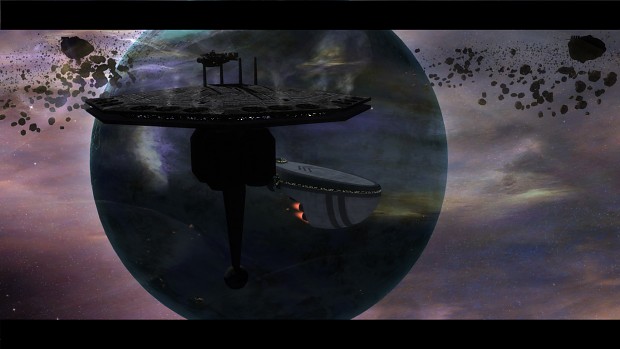
Scott's intentions, from the beginning, were to get the community heavily involved in the creation and development of the website. Community involvement is strongly encouraged, and any game mod with a website is allowed to post a screenshot gallery, news, and requests for help. The purpose of Mod DB is to list the mods, files, tutorials and information of any games that are capable of being modded with user-made content. The service opened in April 2010 as a competitor to Valve's Steam. Mod DB was integrated into DesuraNET's Desura, which was a digital distribution service that focused on indie games. Reismanis was an information technology consultant at Accenture and intended to keep Mod DB his hobby, but he left the firm to found DesuraNET as the website's hosting company, citing the expense of running the website and his recollection of IGN's 2006 attempt to acquire it. Just one year into service, it was merged into Mod DB. In 2006, the Mod DB team launched Addon DB, whose aim was to list additional content for games not applicable under the category of game modifications. Mod DB rapidly expanded its viewership and database size. It differed from his earlier websites in that its articles were managed by the community, not only the website's founder. The website was launched as Mod Database on 8 June 2002. He began Mod DB's development on 11 January 2002, following IMDb's structure in the process. Reismanis was motivated to start a new website by the difficulty of searching for mods on the then-dominant search engine, AltaVista, much less mods released to the public. The website became defunct on 17 December 2001, when its network was shut down after its hosting service, Playnet, filed for bankruptcy. Launched in 1998, ModRealm was initially dedicated to Counter-Strike cheat codes before becoming a modding website. The network comprised over twenty websites, one of which was Mod DB's predecessor, ModRealm. Afterwards, he purchased the domain and formed the Realm Network.

Scott Reismanis, a website developer from Melbourne, Australia, first pursued web development as a hobby, creating two websites dedicated to video games.


 0 kommentar(er)
0 kommentar(er)
